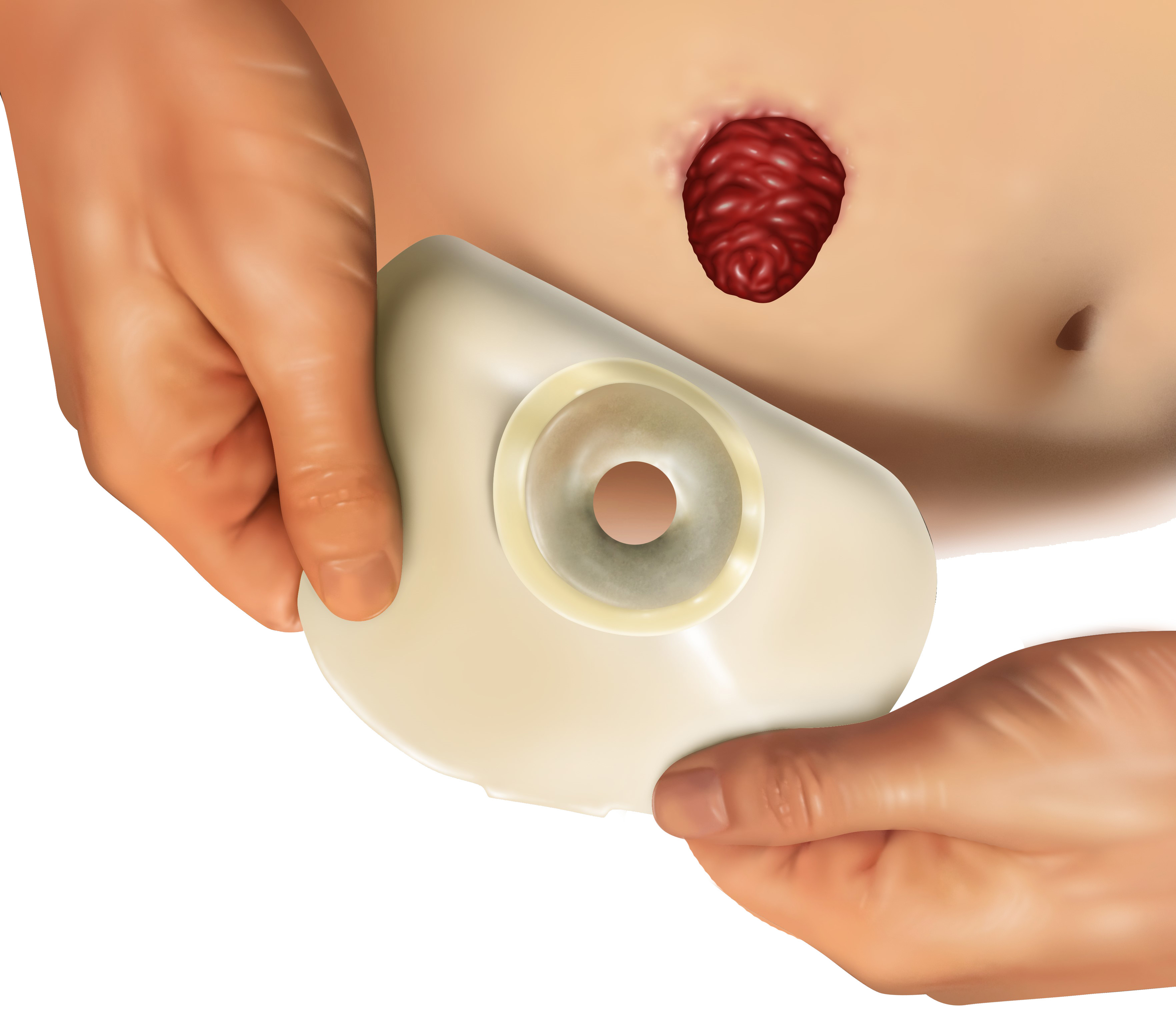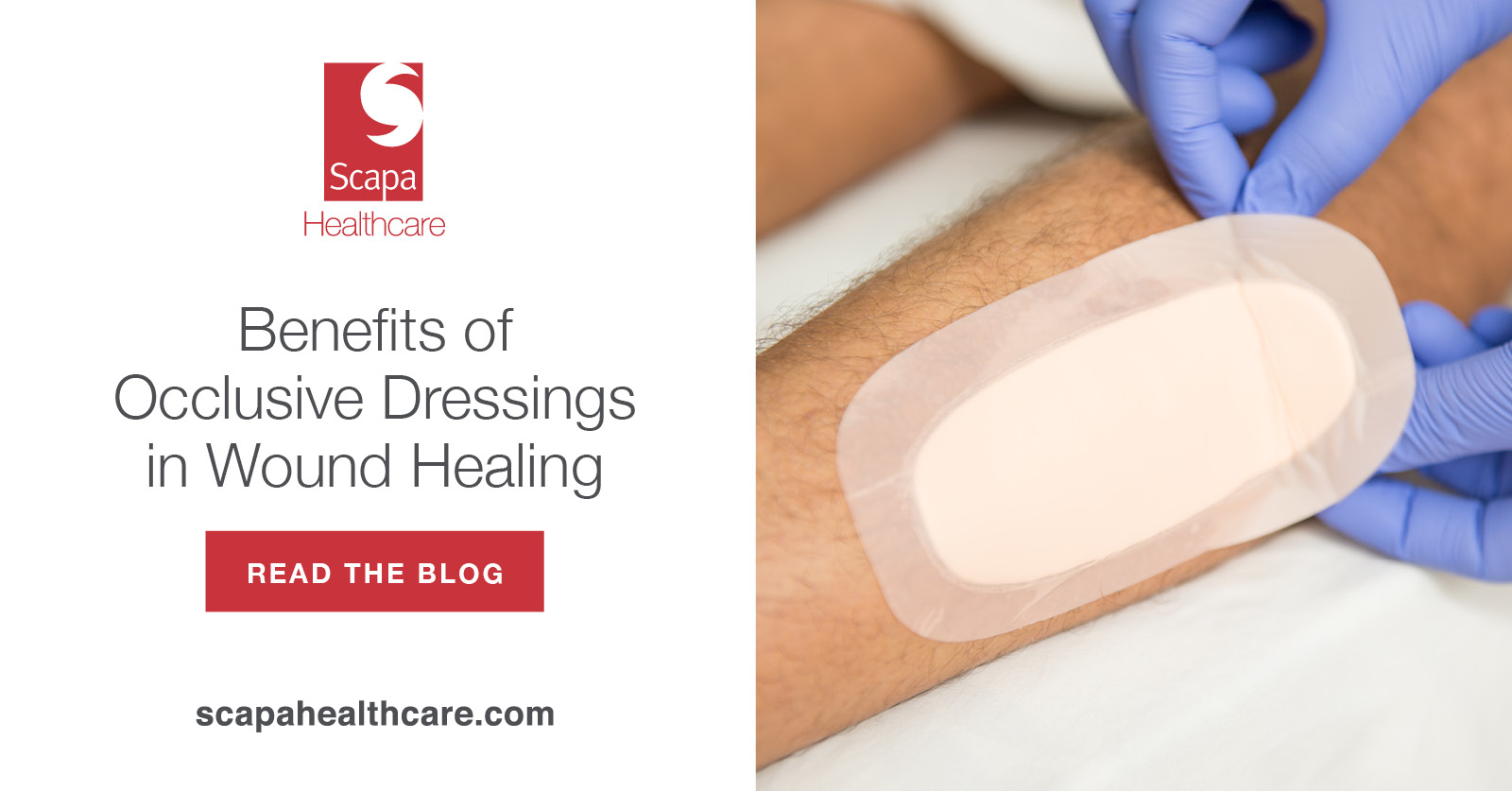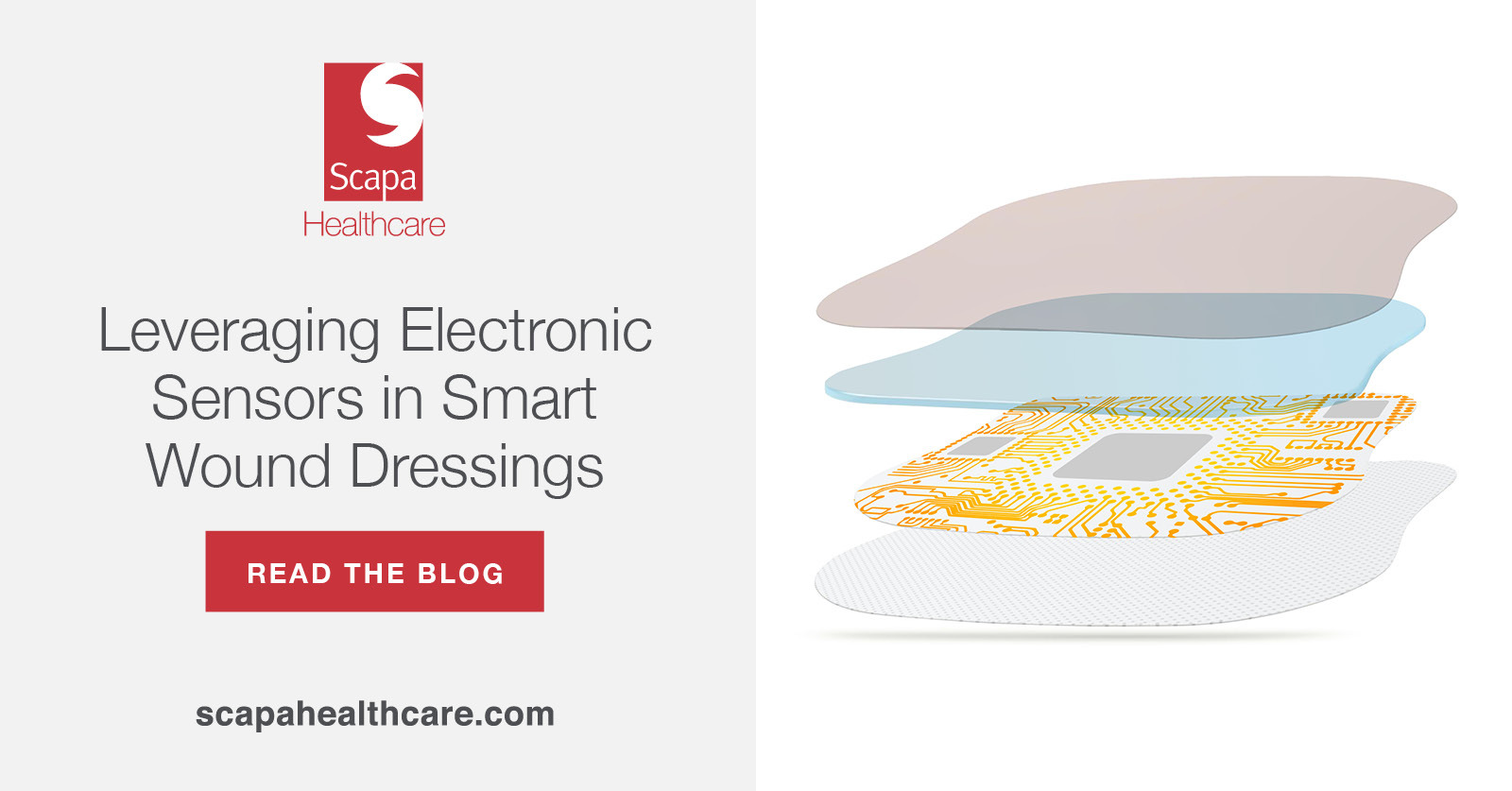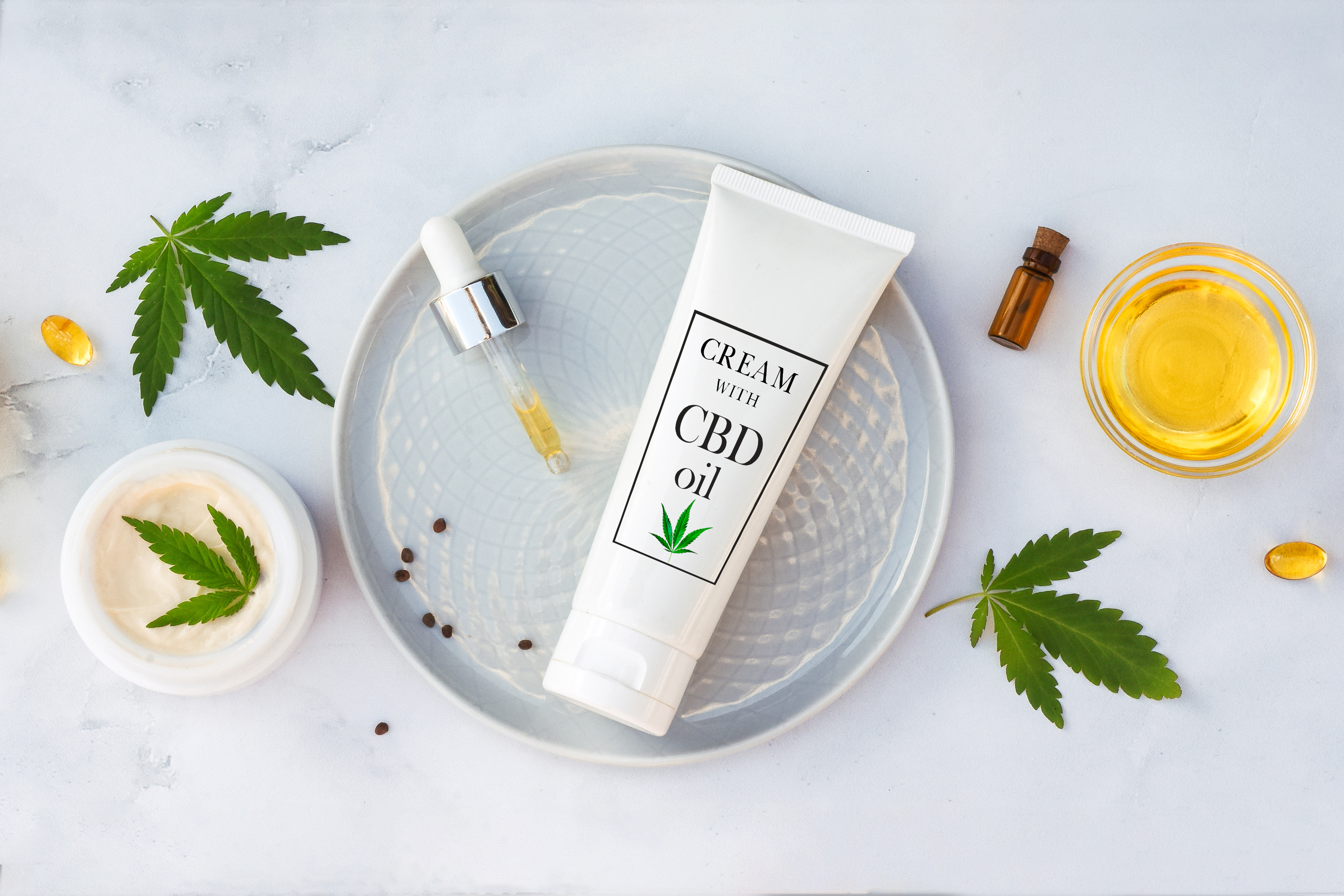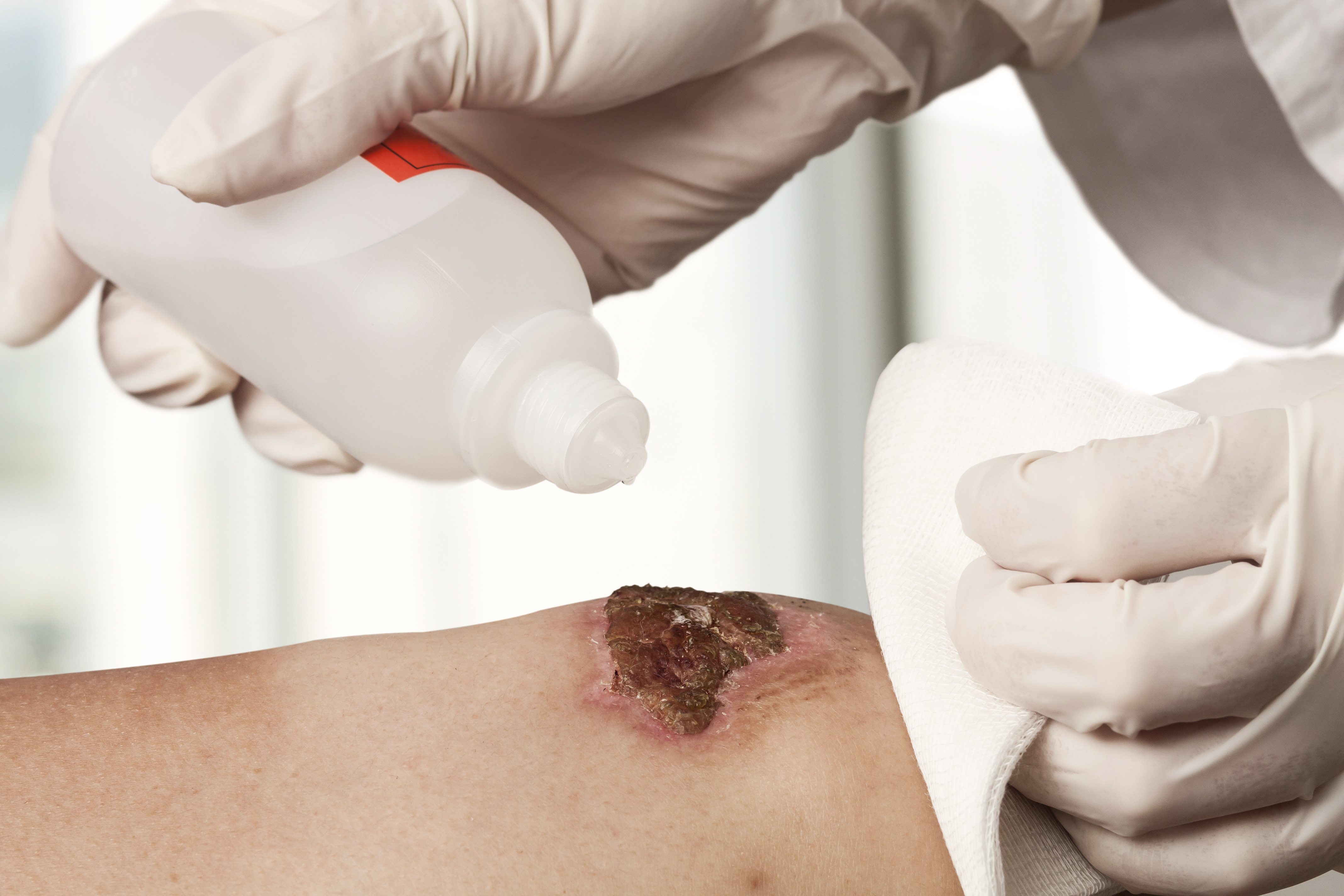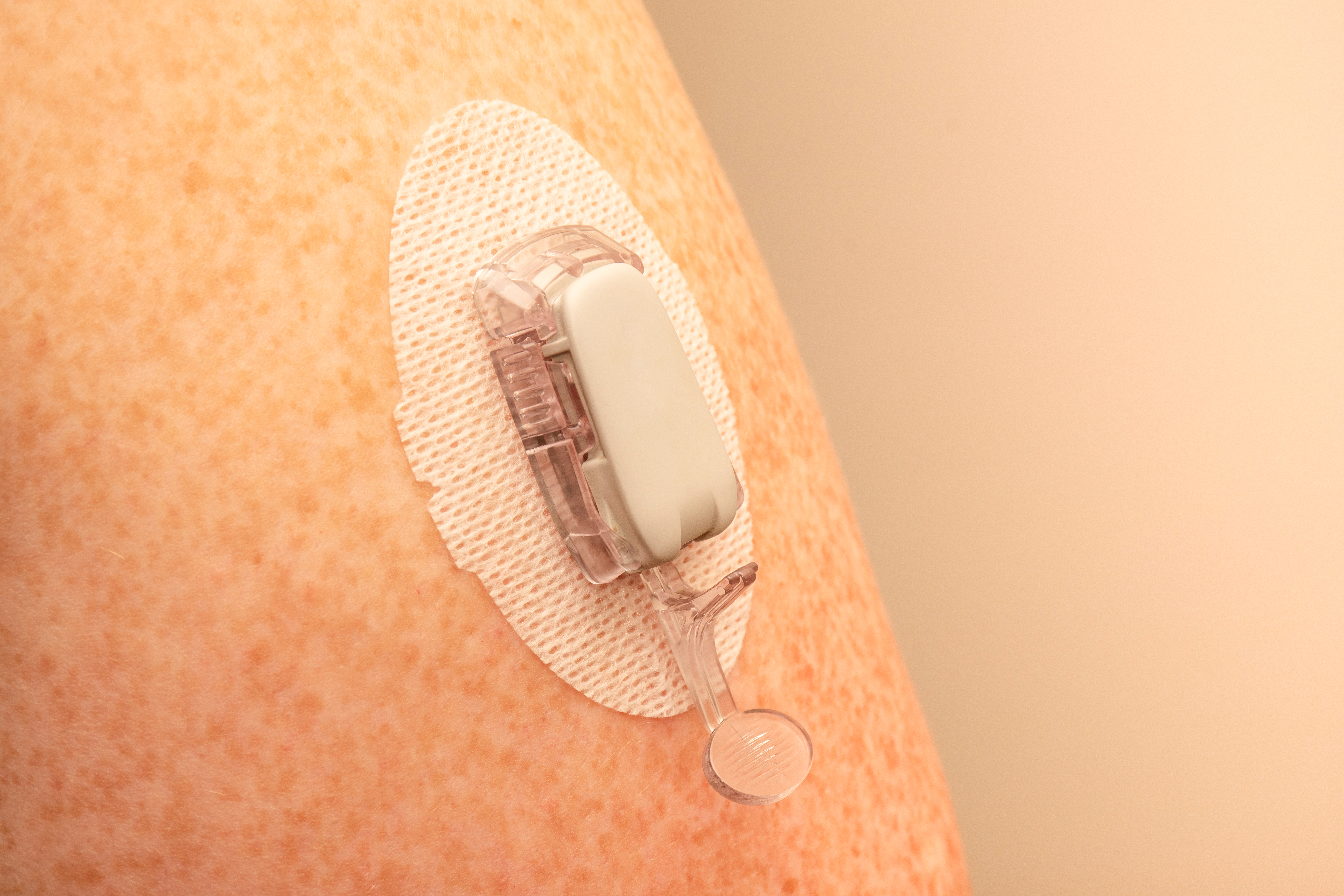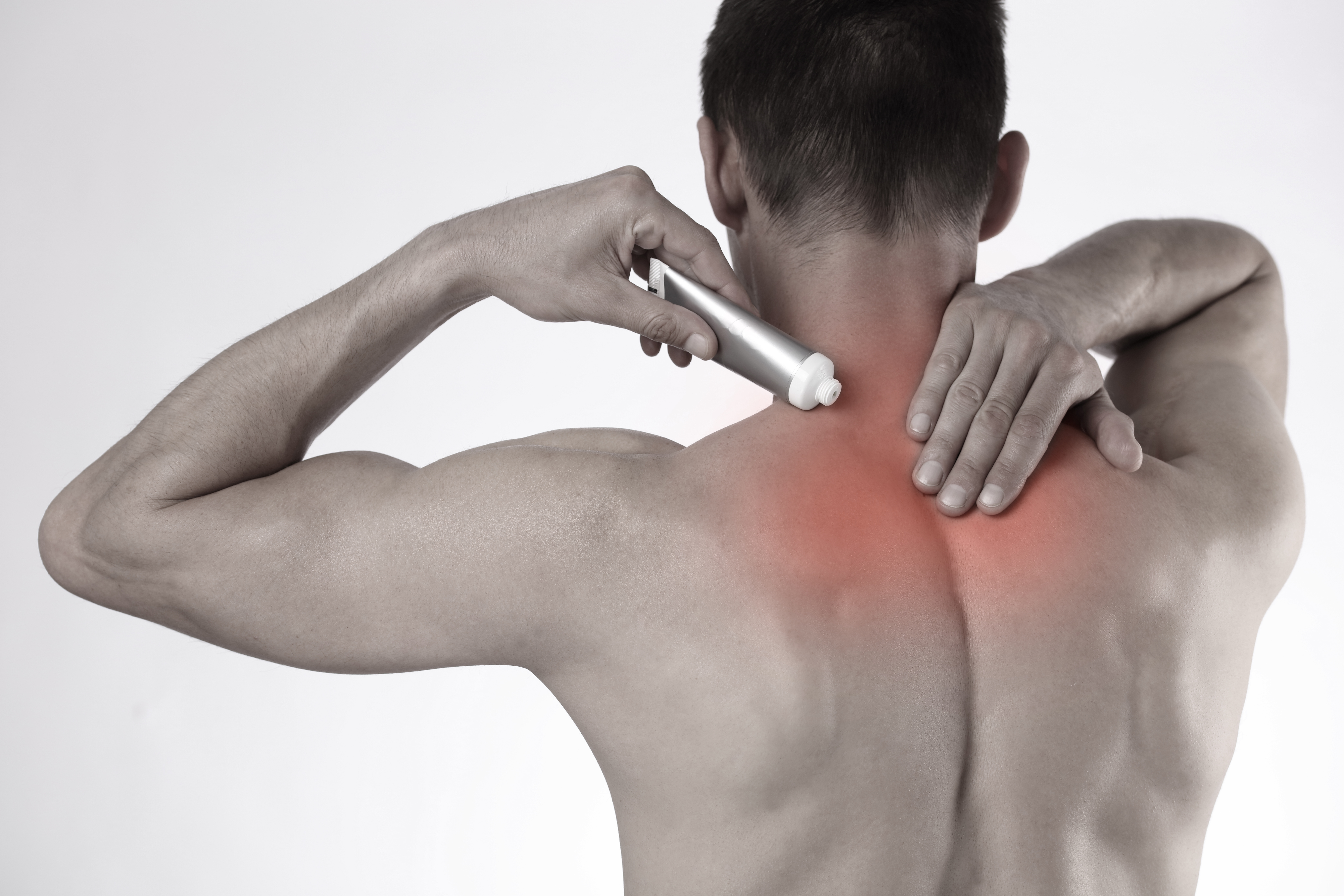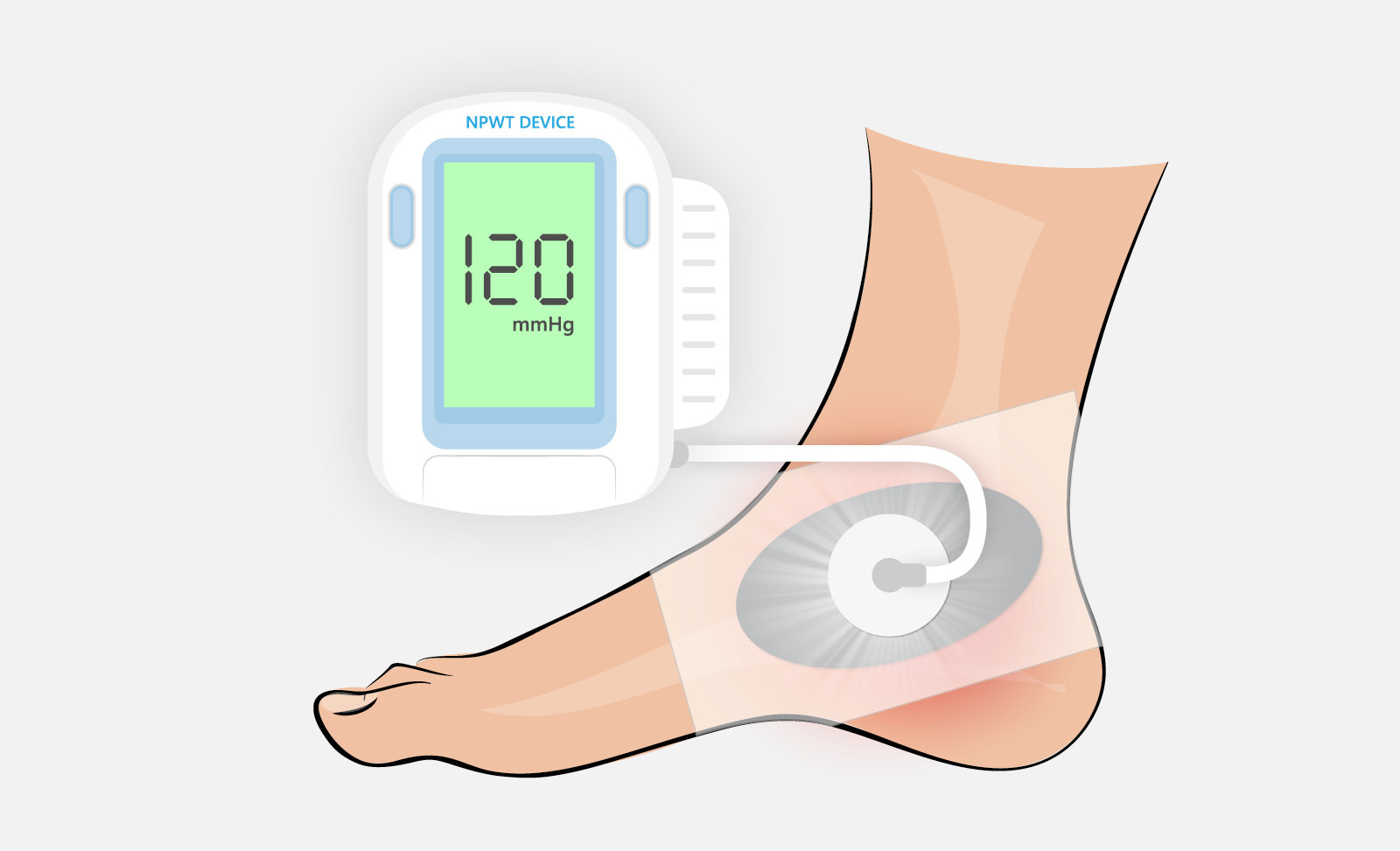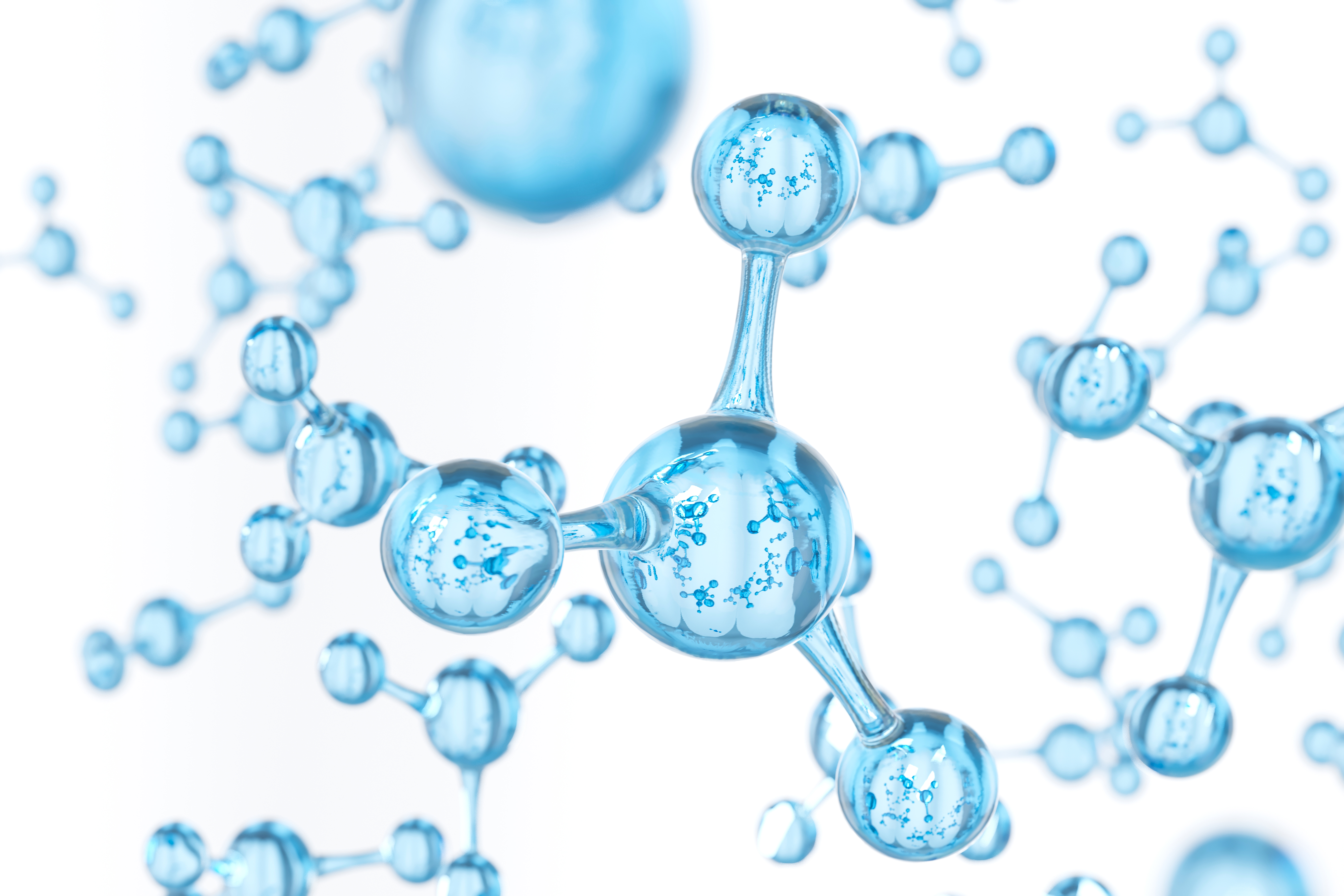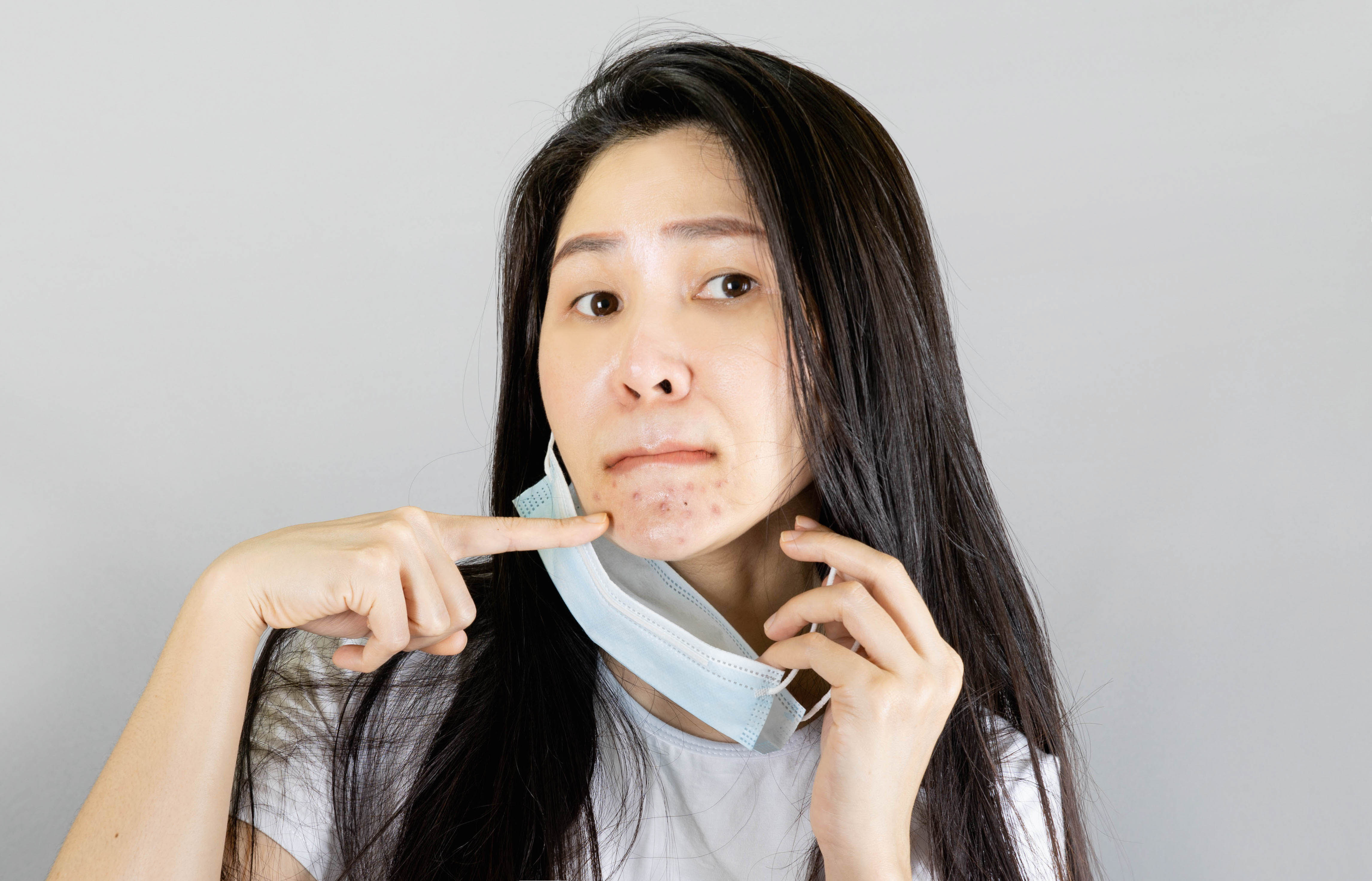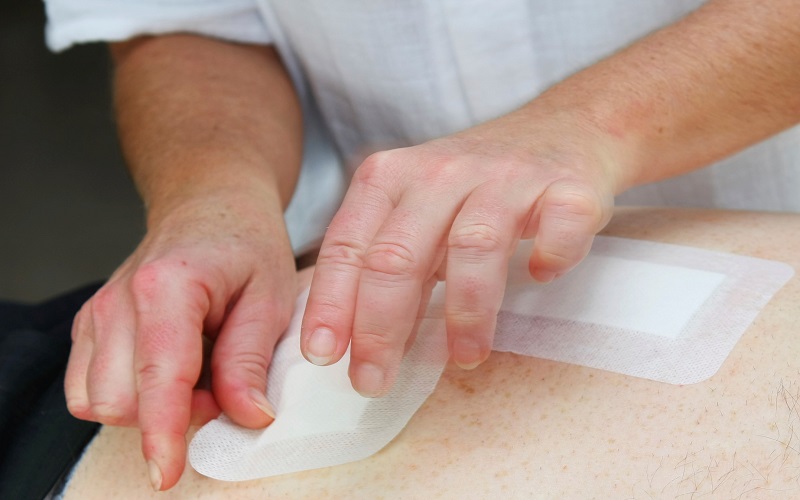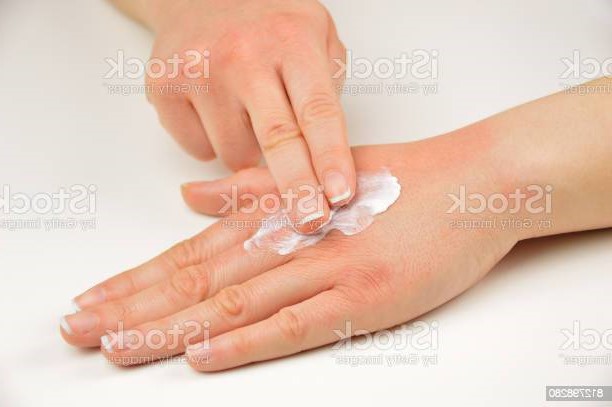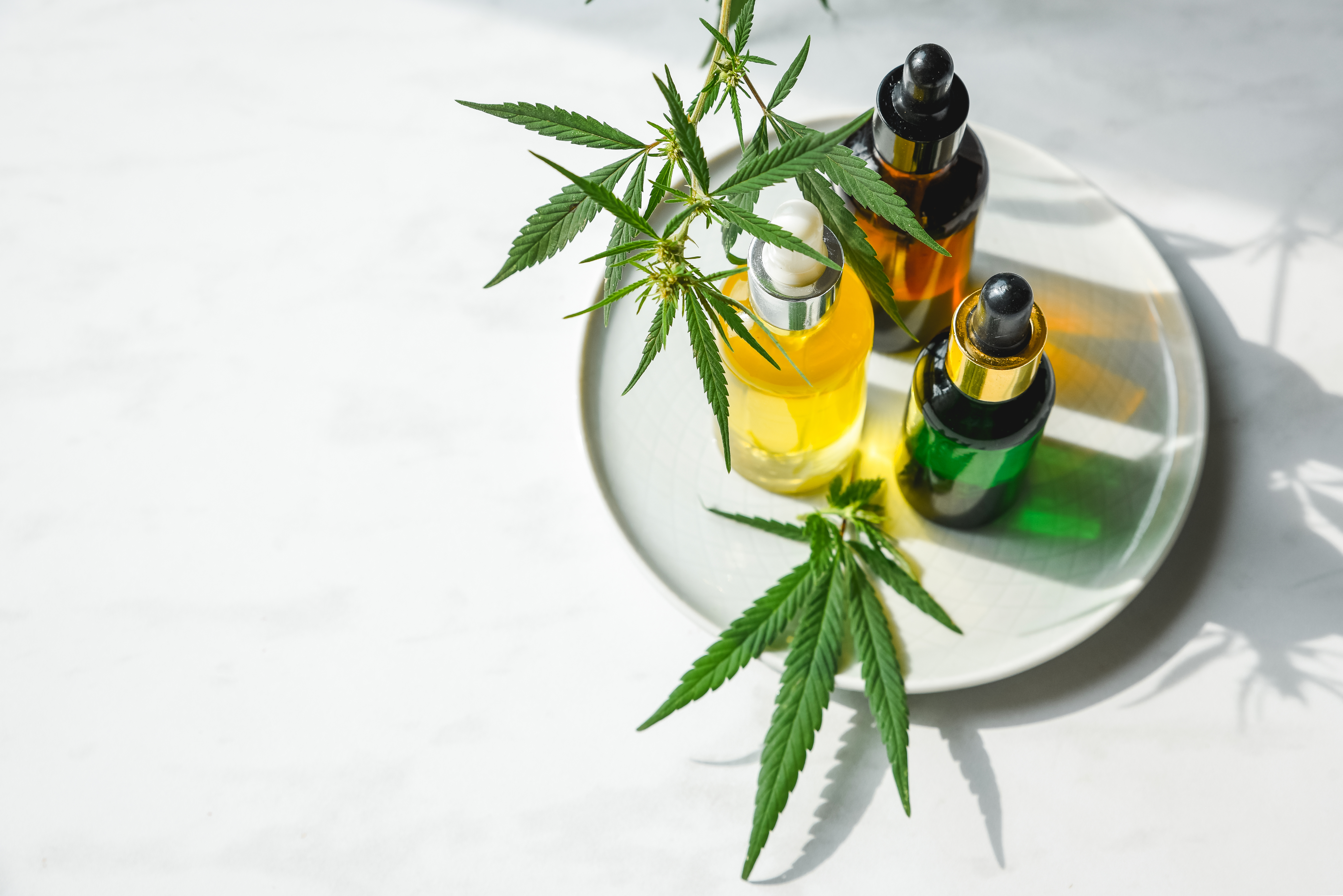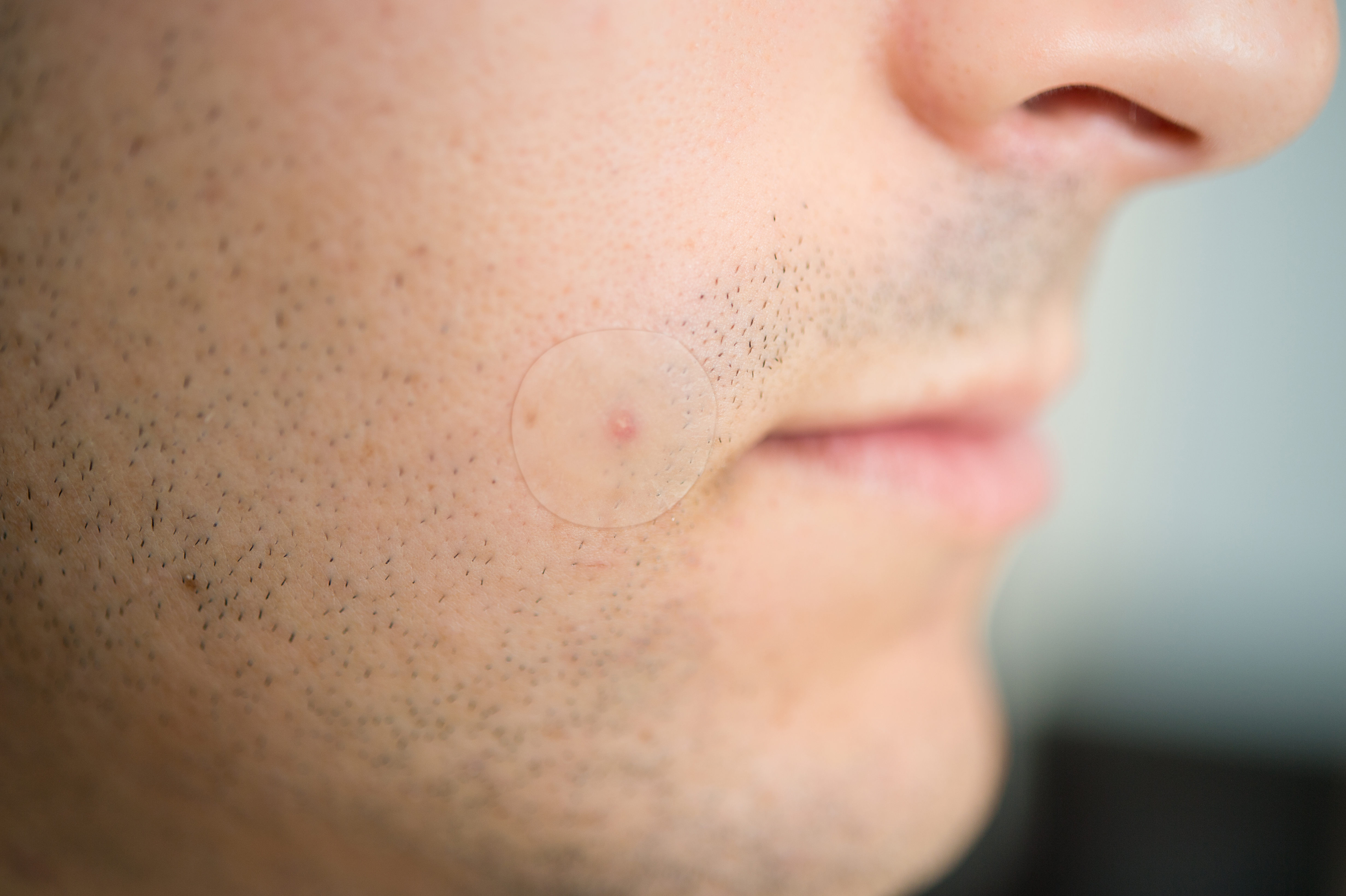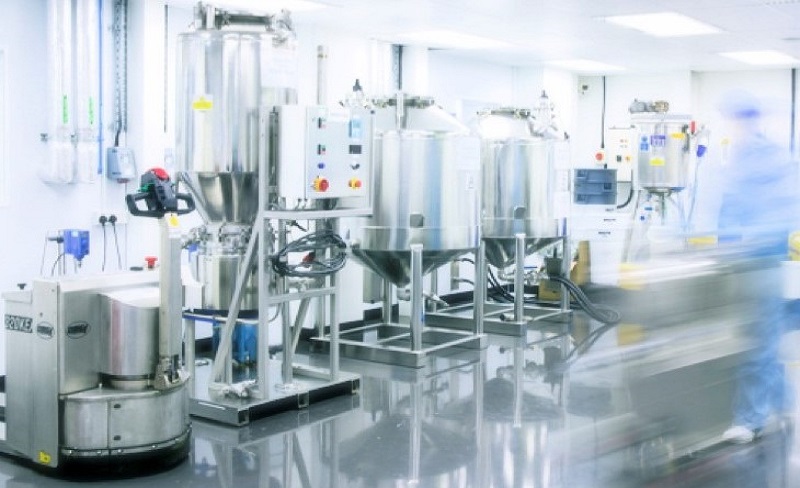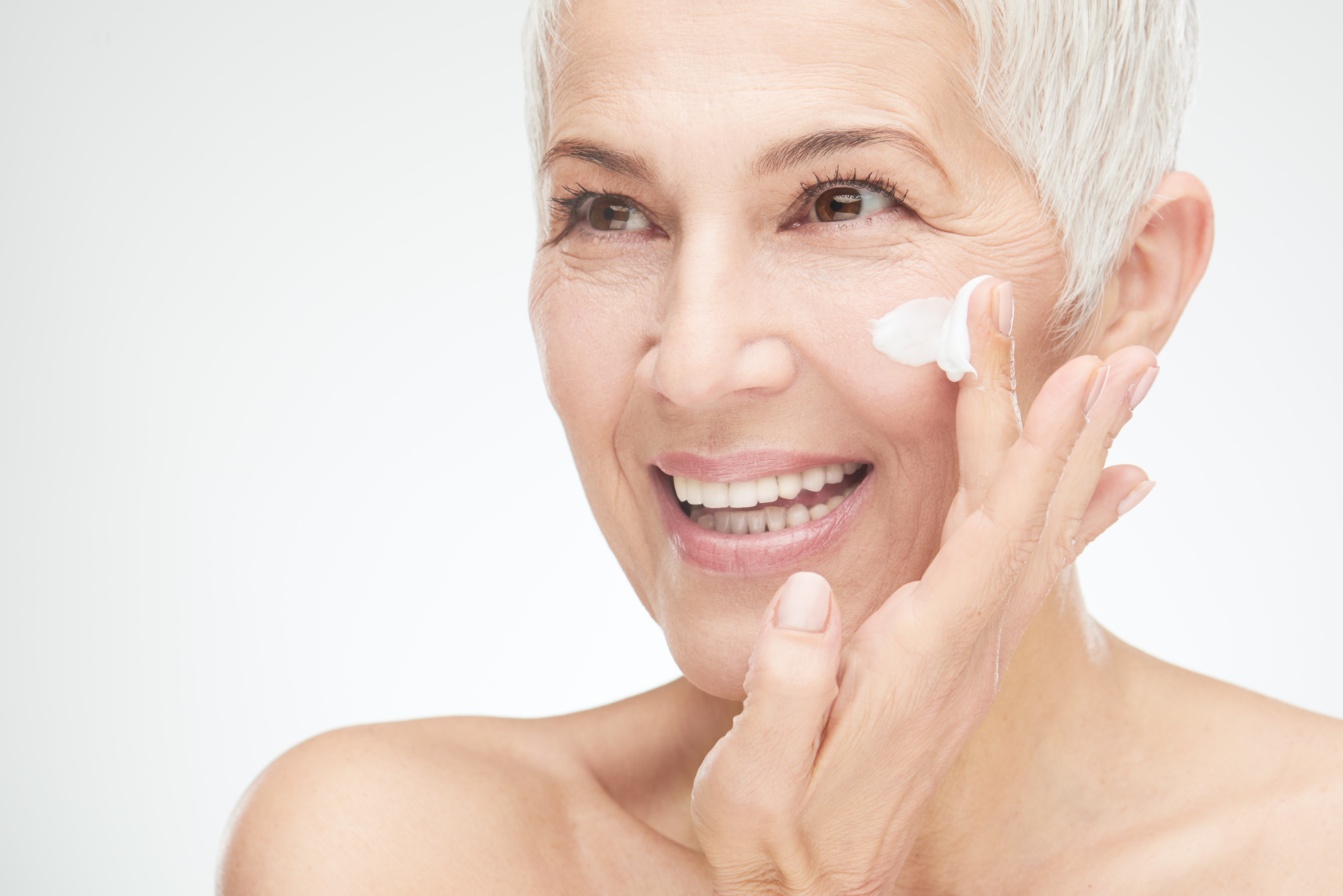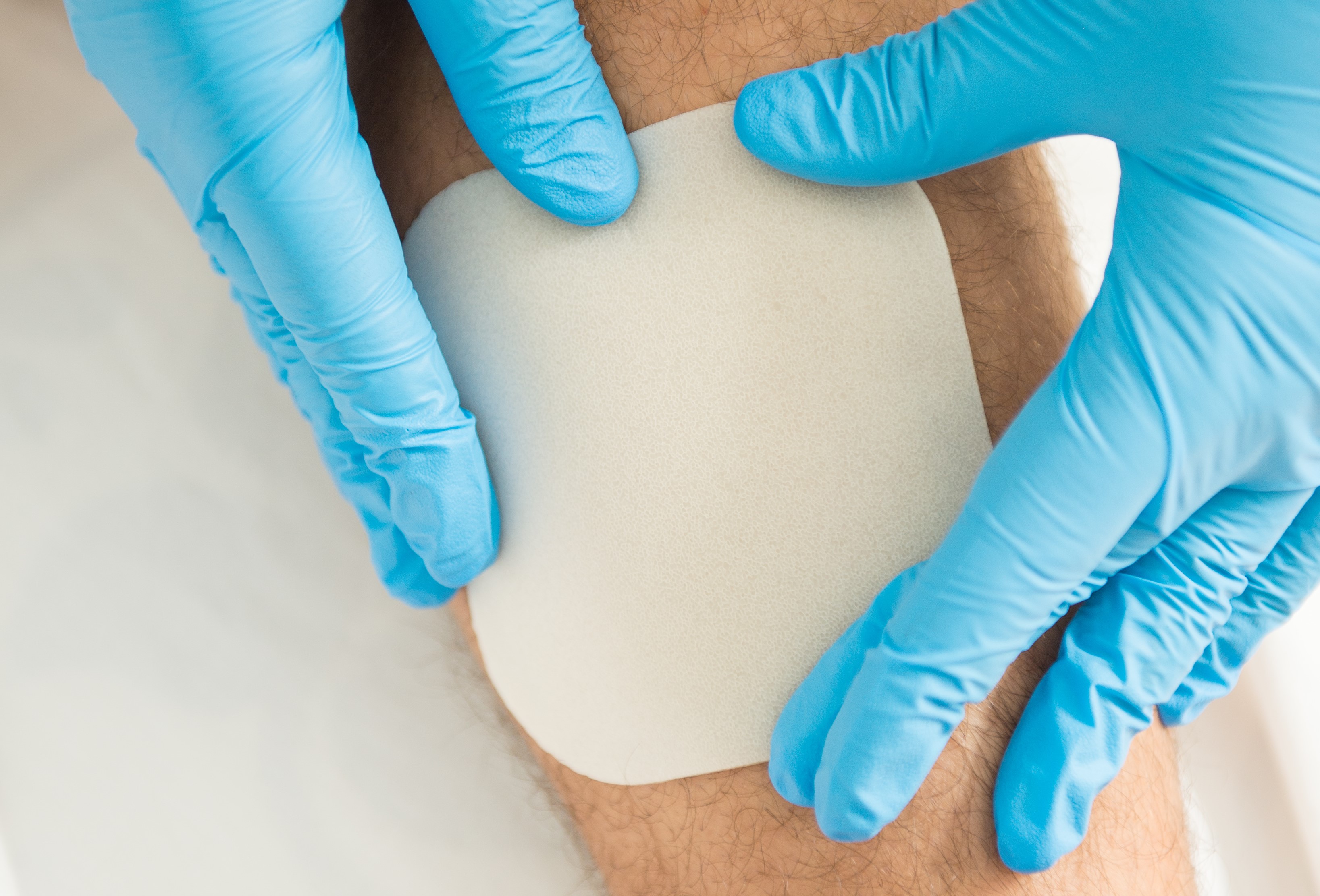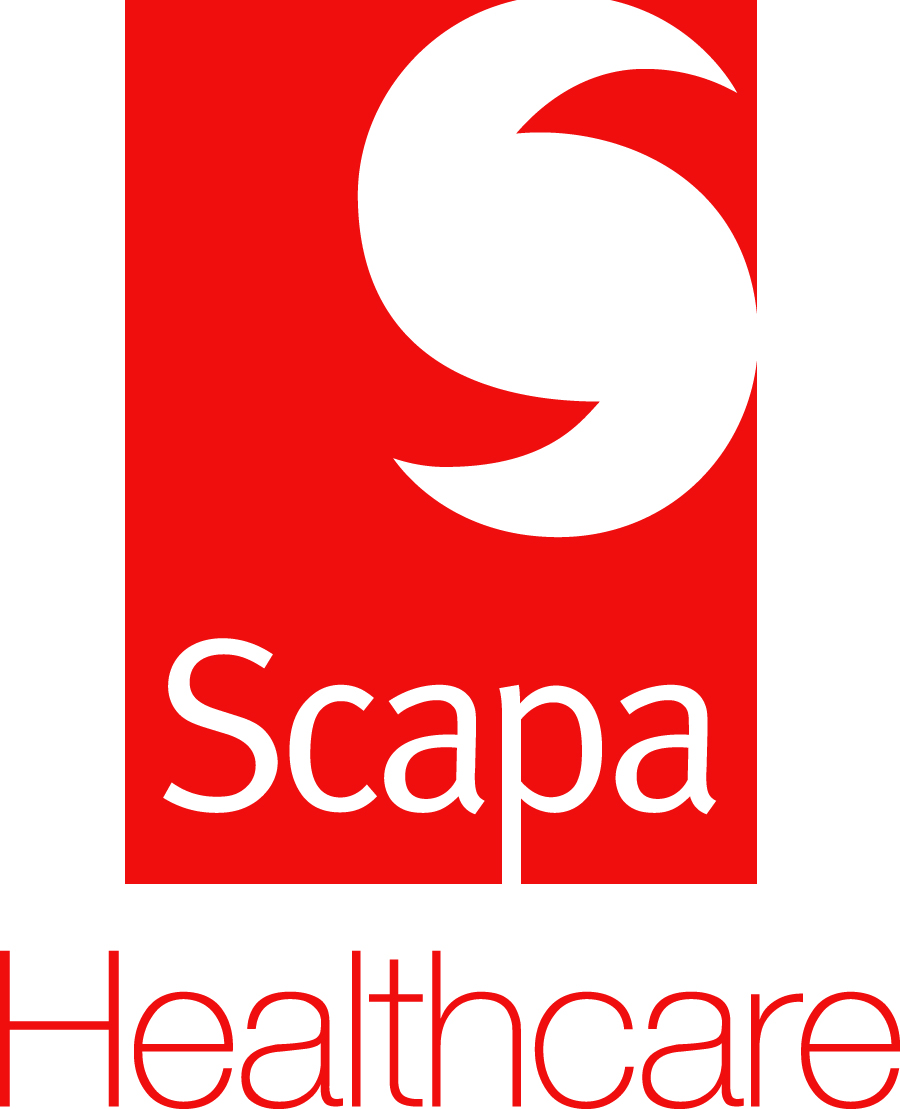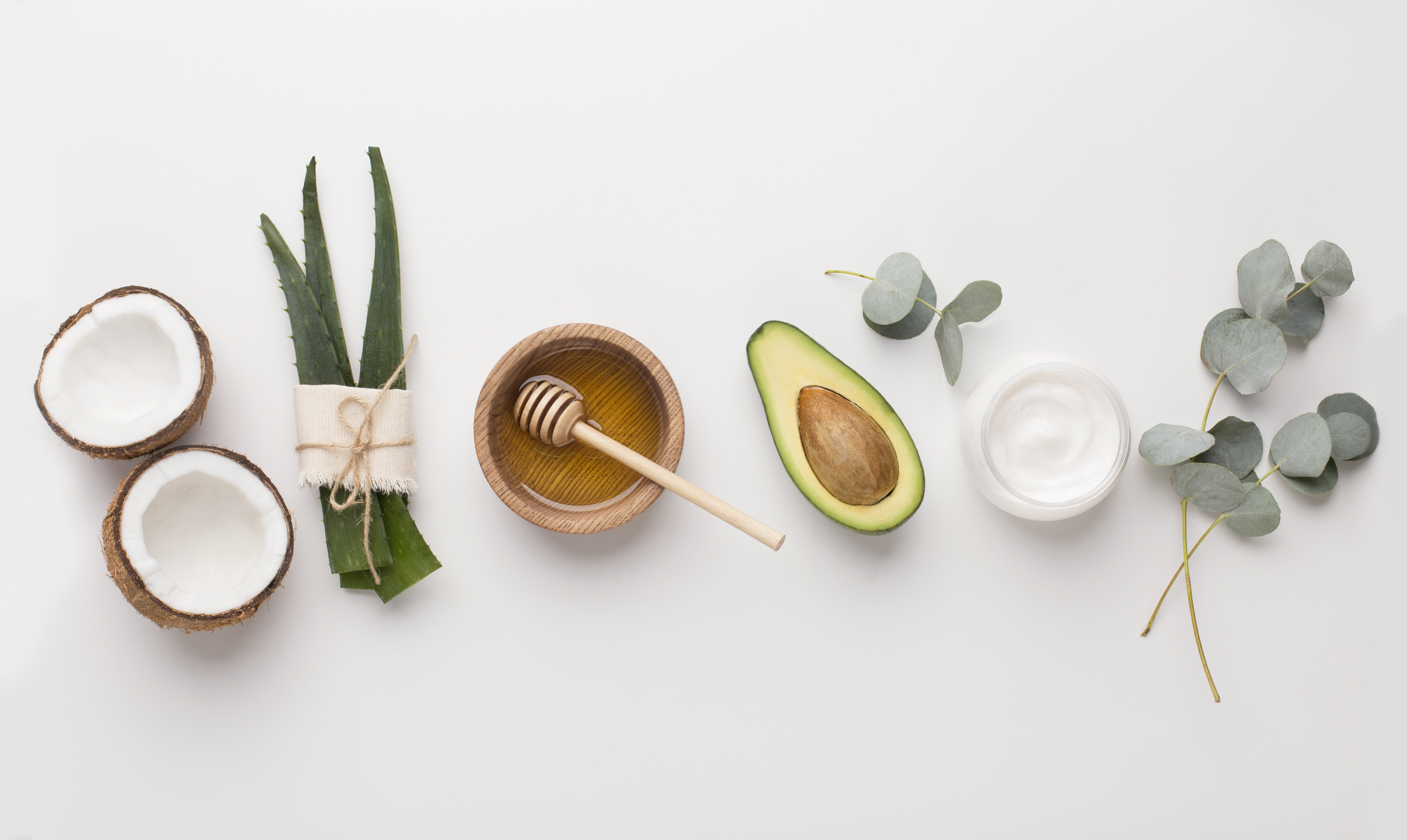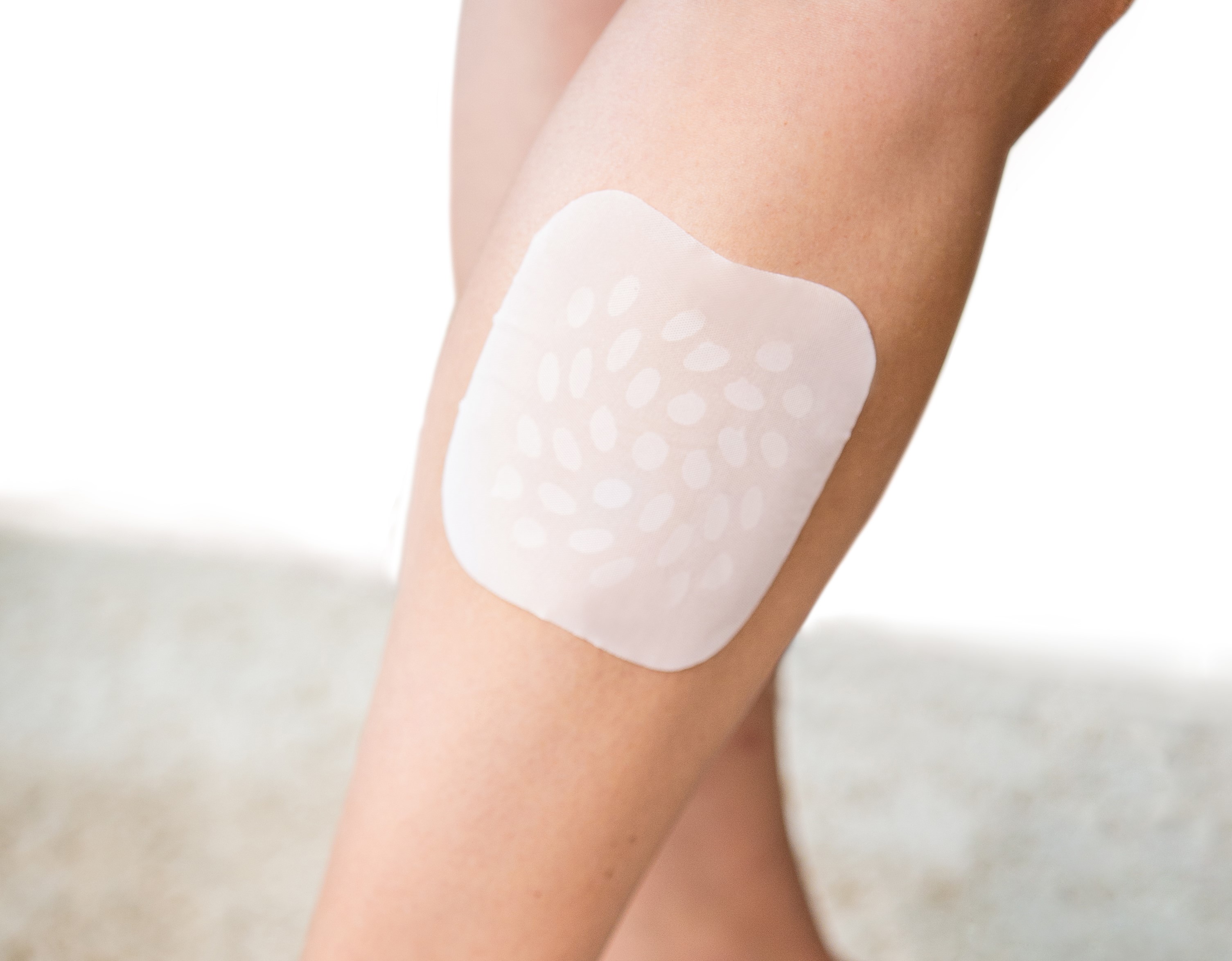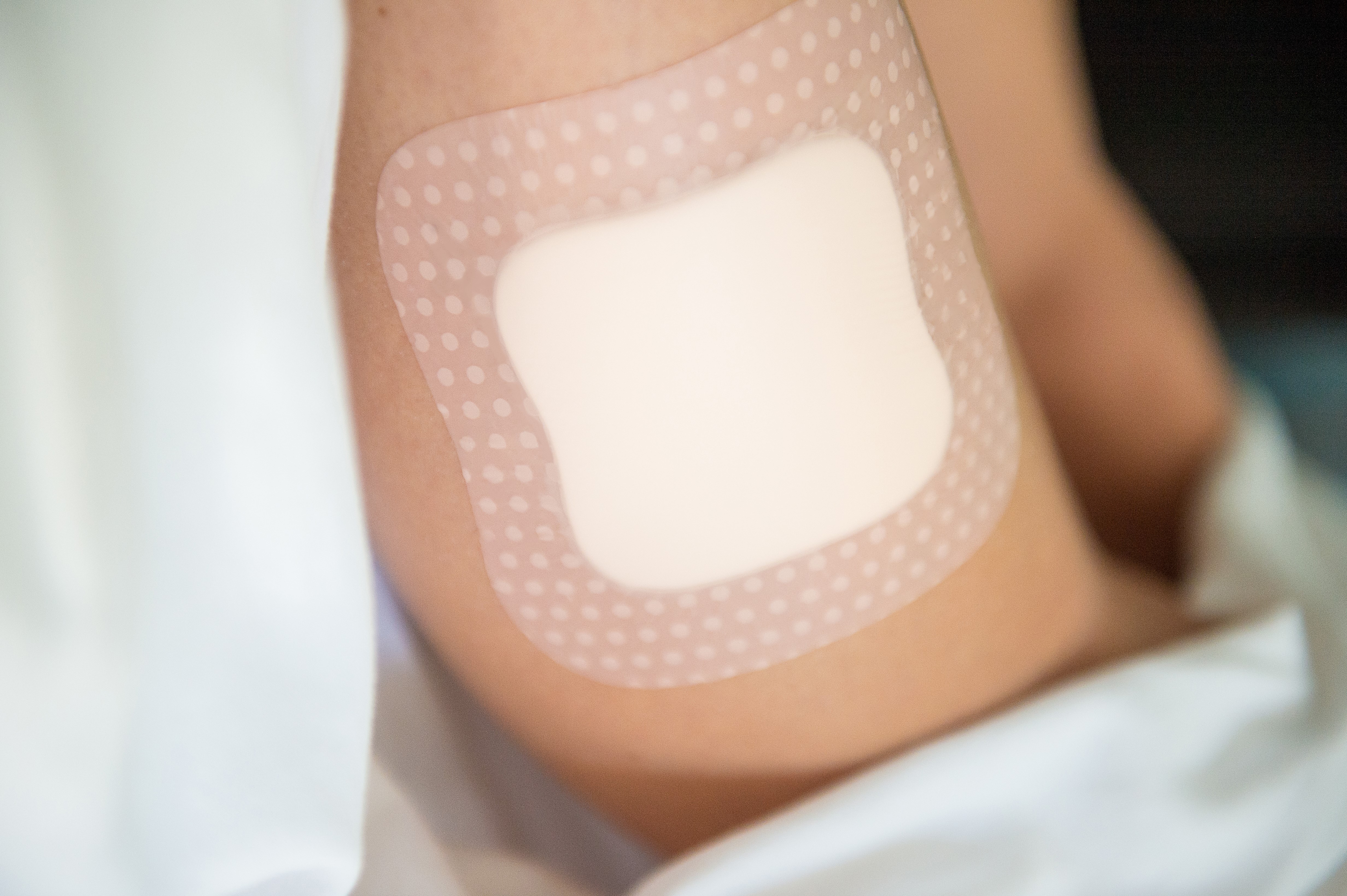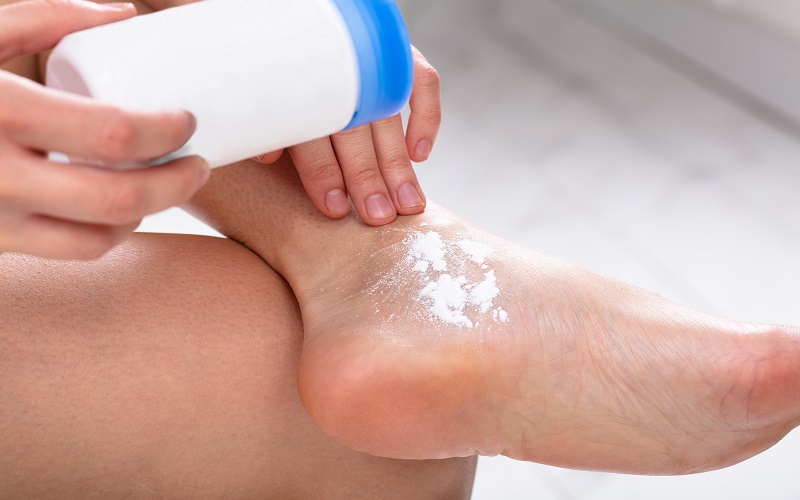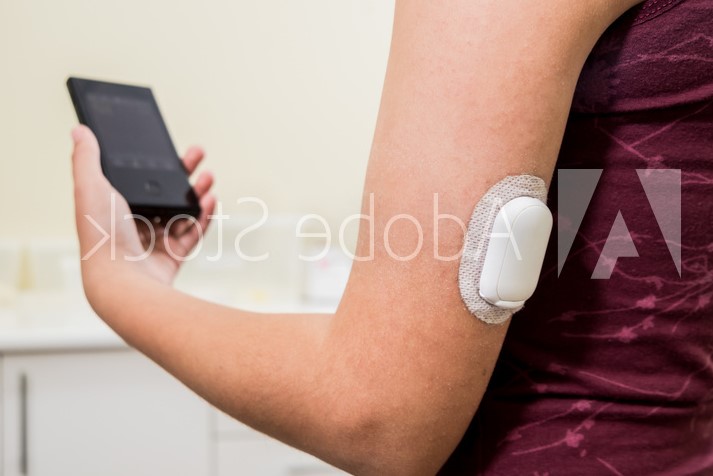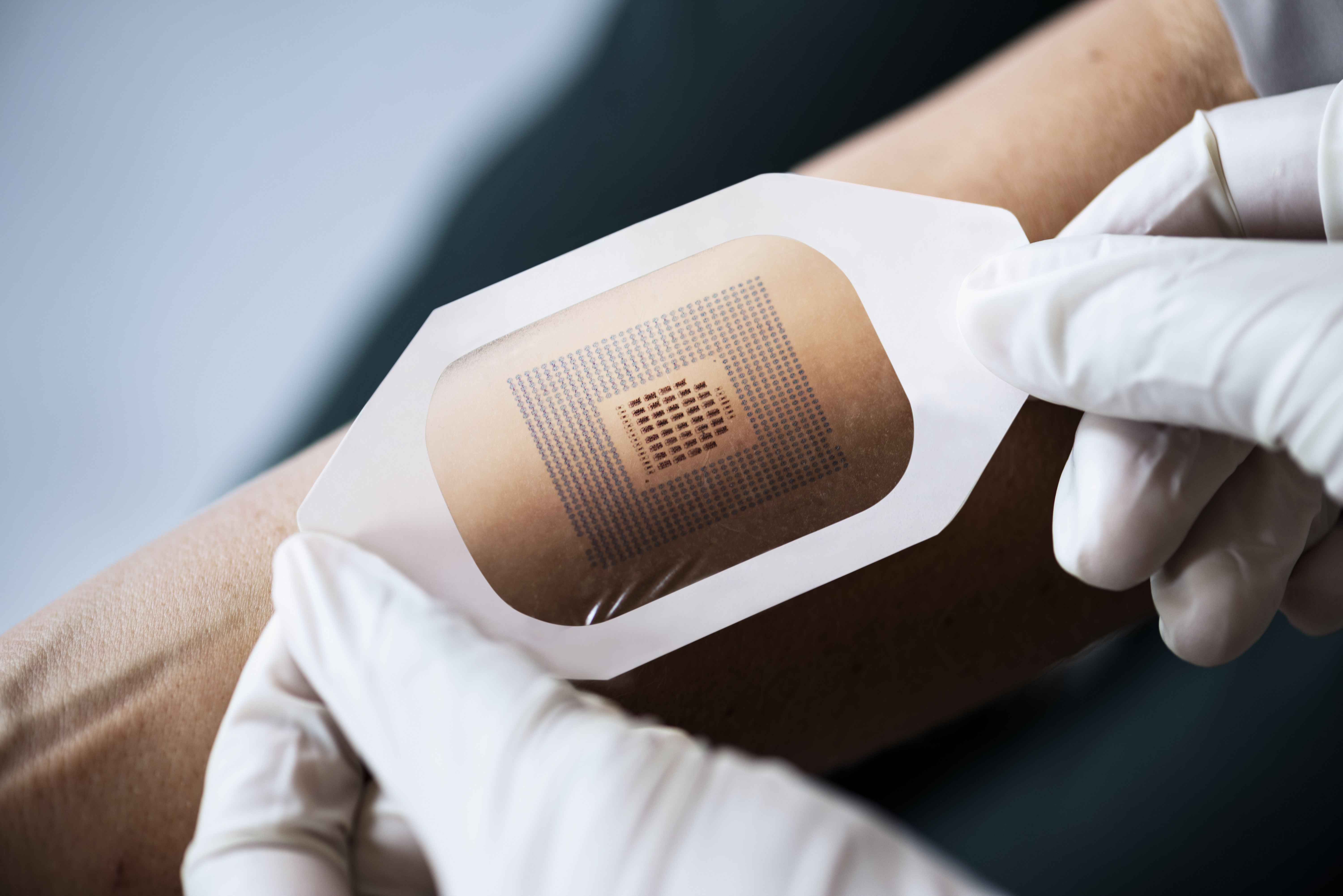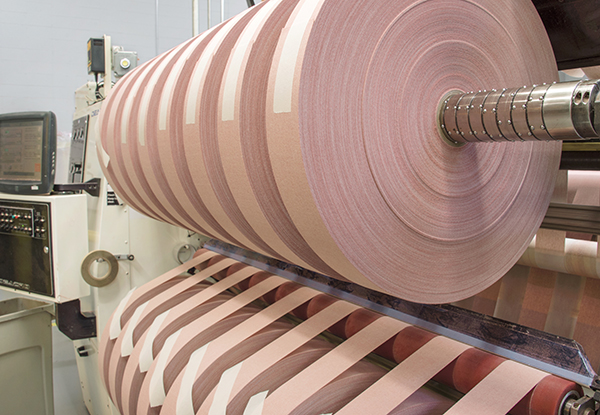One of the most important aspects of ostomy care is the efficacy of the skin barrier. The skin barrier is essential in holding the ostomy pouch in place, providing a level surface for the pouching system, and protecting the sensitive skin around a stoma, otherwise known as peristomal skin.
Patients that have gone through an ostomy surgery, which is a procedure to open the abdominal wall to reroute body waste due to malfunctioning of urinary and digestive system, typically experience peristomal skin complications (PSCs)[1]. The most common cause of these complications results from leakage from the stoma onto the skin, creating peristomal skin irritation and peristomal moisture associated dermatitis[2].
Therefore, one of the most important aspects of ostomy care is the efficacy of the skin barrier. The skin barrier is essential in holding the ostomy pouch in place, providing a level surface for the pouching system, and protecting the sensitive skin around a stoma (peristomal skin).
There are a number of distinctive components contained within an ostomy skin barrier, including the adhesive backing. However, conventional ostomy barriers that are fitted and used to help maintain the ostomy appliance and the skin seal may present patients with self-care challenges. For example, these types of barriers may leave exposed skin subject to breakdown risks, and the rough edges on custom fit barriers may cause trauma to the stoma.
Optimizing ostomy product fit can substantially help in preventing leakage and the associated peristomal skin complications. The best skin barrier is one that can protect the skin around the stoma. Some of the most common ostomy accessories include hydrocolloid ostomy flanges that protect the peristomal skin while providing secure adherence of one- or two-piece ostomy appliances. Hydrocolloid-based ostomy flange extenders provide a further level of security for one- or two-piece ostomy appliances and help prevent leakage by creating a second layer of adherence around the flange. There are also moldable seals that are intended to fill in skin folds around the stoma to provide protection from leakage while providing a customized fit for a more secure seal, with improved adhesion onto irregular skin surfaces and around irregularly shaped stomas. Ostomy pastes are also used to fill in uneven skin folds to prevent leakage and ensure better adhesion of the ostomy system.
Hydrocolloid adhesives are a common option used in ostomy skin barriers for stoma care due to their advanced adhesion properties and absorption capacity. Hydrocolloids feature gentle fixation properties to adhere securely to skin and help to absorb body fluids; ultimately protecting peristomal skin from damage and reducing trauma. Additionally, research has shown that using skin barriers with additional ingredients such as products with shea butter or plant-derived ceramides, can help to further protect peristomal skin and reduce moisture loss from damaged skin.[3]
The ultimate goal in creating an optimal ostomy skin barrier is patient health and comfort. The Scapa Soft-Pro® Hydrocolloid ostomy product line provides industry-leading protection against leakage from around the stoma and can be used for extended wear. To learn more about how Scapa Healthcare is innovating Ostomy skin barrier products, contact us at [email protected].
View website


